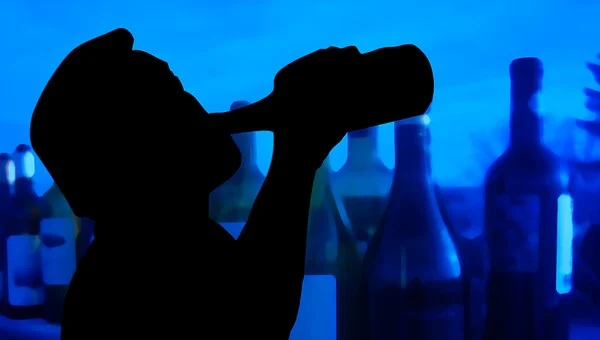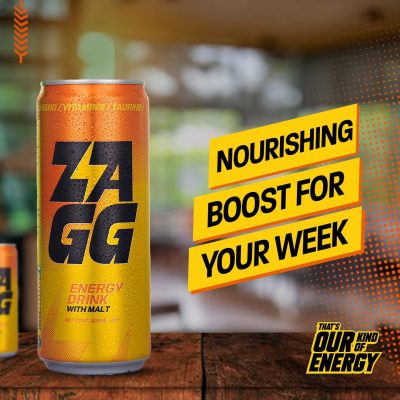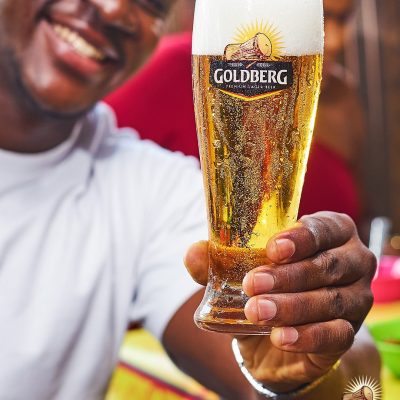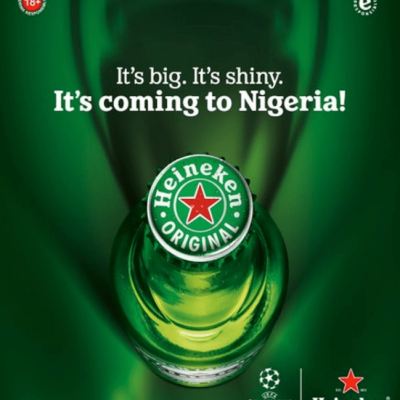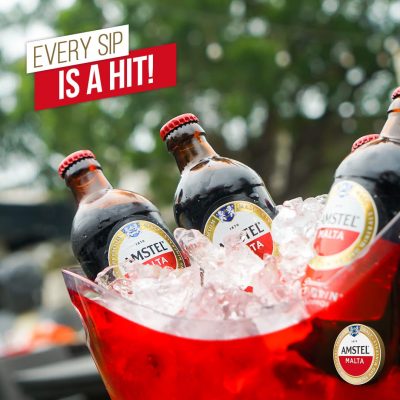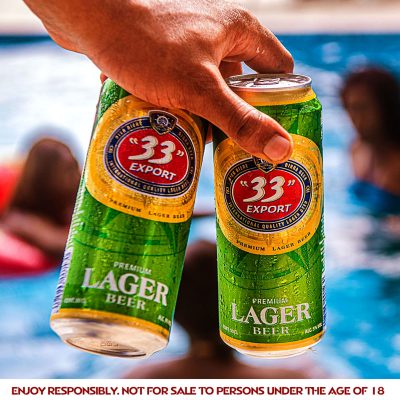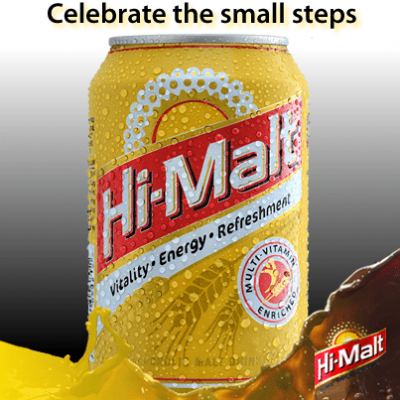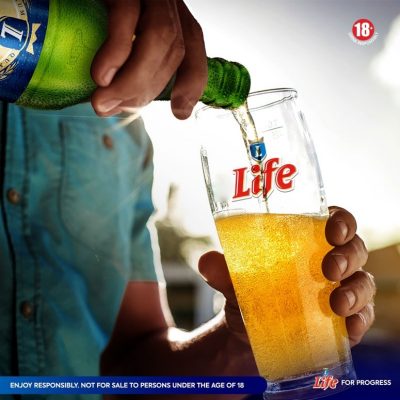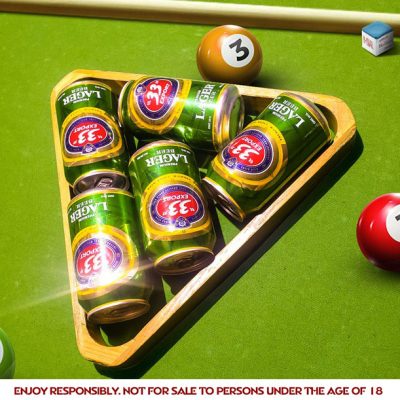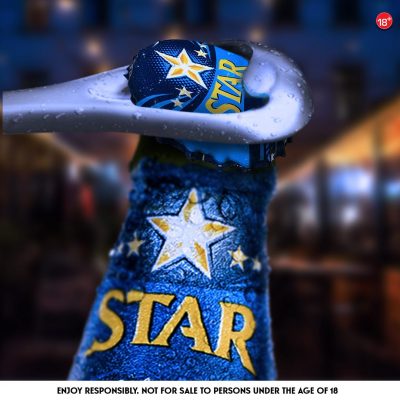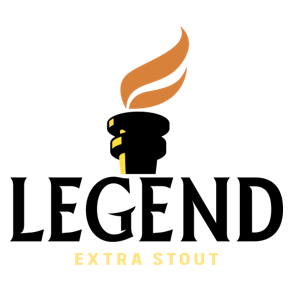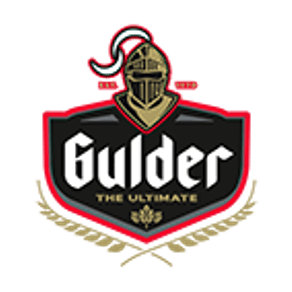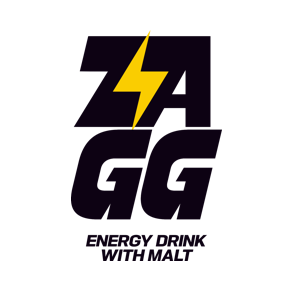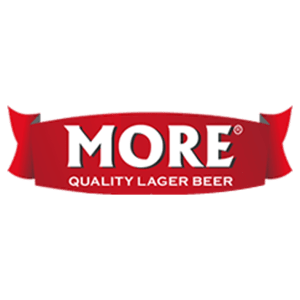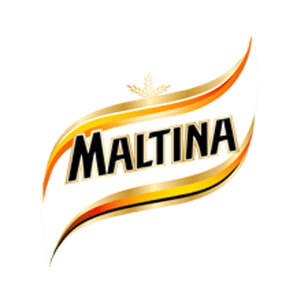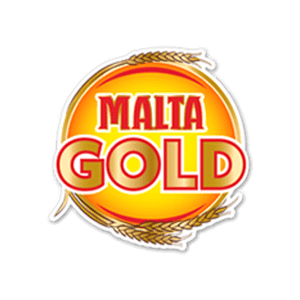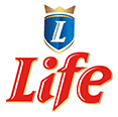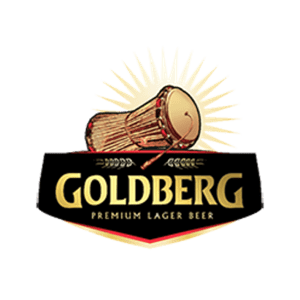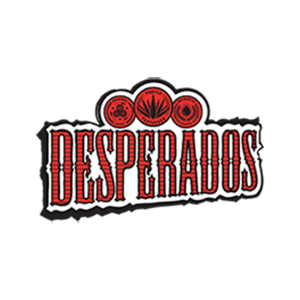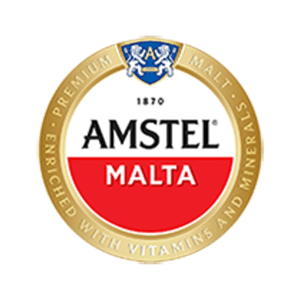An occasional glass of beer can be a great way to ease off after a long day. It is also good for spicing up a party or get-together with friends, as with many other treats, alcohol is best enjoyed in moderation. Medical experts advise that men should not exceed two drinks in one day, and women should not have more than one. A standard drink contains 0.6 ounces of alcohol, and here’s how much alcohol you will find in the following beverages:
Beer: 12 fluid ounces
Wine: 5 fluid ounces
Liquor: 1.5 fluid ounces
While drinking in moderation has its medical benefits, overdrinking also takes its toll on the drinker’s health and social life. Think you might be indulging a little too much? Below are some signs to look out for.
- Activities hardly interest or excite you unless they involve alcohol:
You may well be on your way to chronic alcoholism if the only motivation for your activities is booze. When you move from looking forward to seeing your friends, to looking forward to another opportunity to drink, that’s a sign that you have moved from being a moderate drinker.
- Drinking has become your default response to stress or life’s challenges:
A bottle of liquor can be a great companion through dark times, like during a loss or heartbreak. But it can also be a cause for alarm if you become dependent on it to overcome stress. Oftentimes, the best solution to challenges is to face them head-on rather than to seek escape through alcohol.
- Your health is beginning to suffer:
When you gain so much weight that your favourite clothes don’t fit anymore and you often get tired and sickly, then you may need to check your alcohol consumption. If you’re constantly waking up with a hangover, it is also a sign that you are having one drink too many.
- Your doctor hints at it during your medical visit:
For the sake of professionalism, your doctor may not explicitly call you an alcoholic even if the signs are telling in your health. But when they begin to suggest that you cut back on your drinking a little to save your health, then you should take that as your cue to relax on the booze.
- You suffer withdrawal syndrome:
It’s okay to crave a chilled bottle of liquor sometimes, but what happens when you do not (or can not) satisfy that craving is what determines whether or not you might have a drinking problem. If not having a drink makes you hallucinate or feel restless, then there’s a problem and you should seek help.
- Other aspects of your life are suffering:
Perhaps, you constantly show up late to work or classes because of a hangover, or you forget important issues due to the memory loss that often comes with drinking. Or maybe you are no longer as agile and productive as you used to be because of your increasing weight and deteriorating liver.
These are signs that tell you that your drinking may be too much. We advise that you seek immediate expert help.
